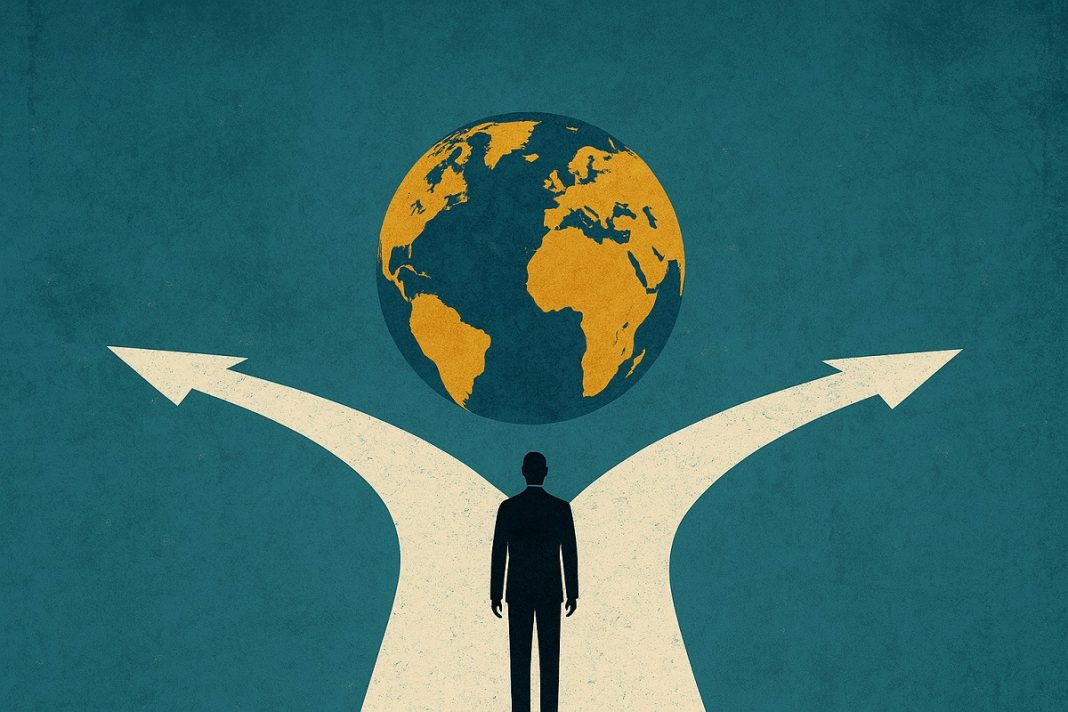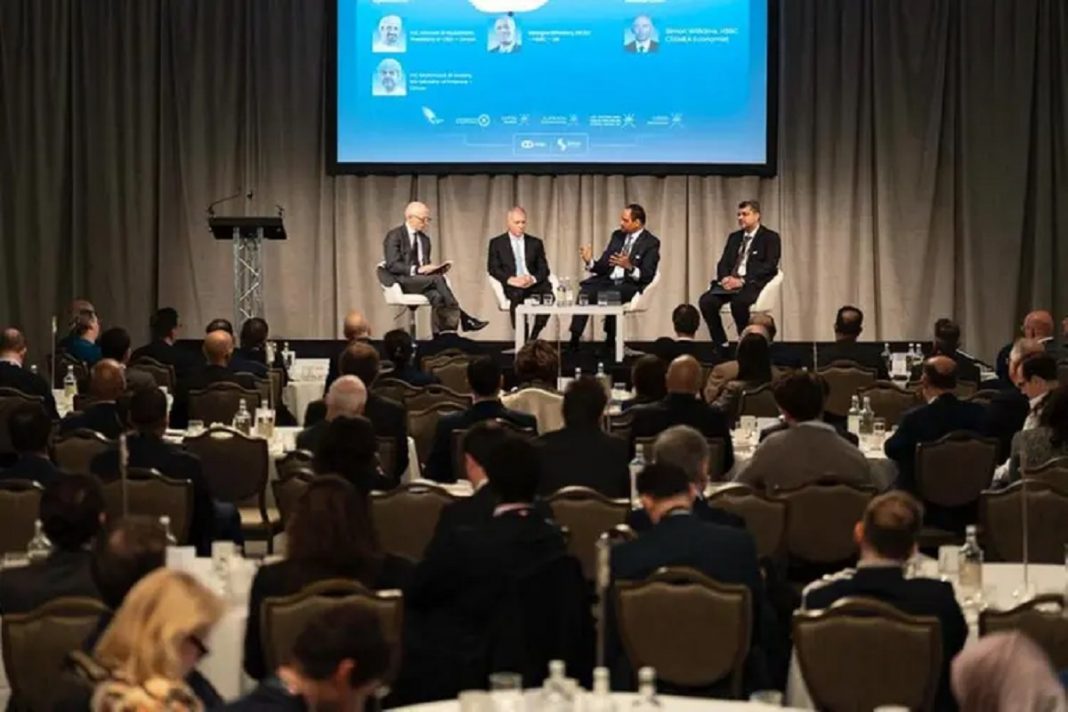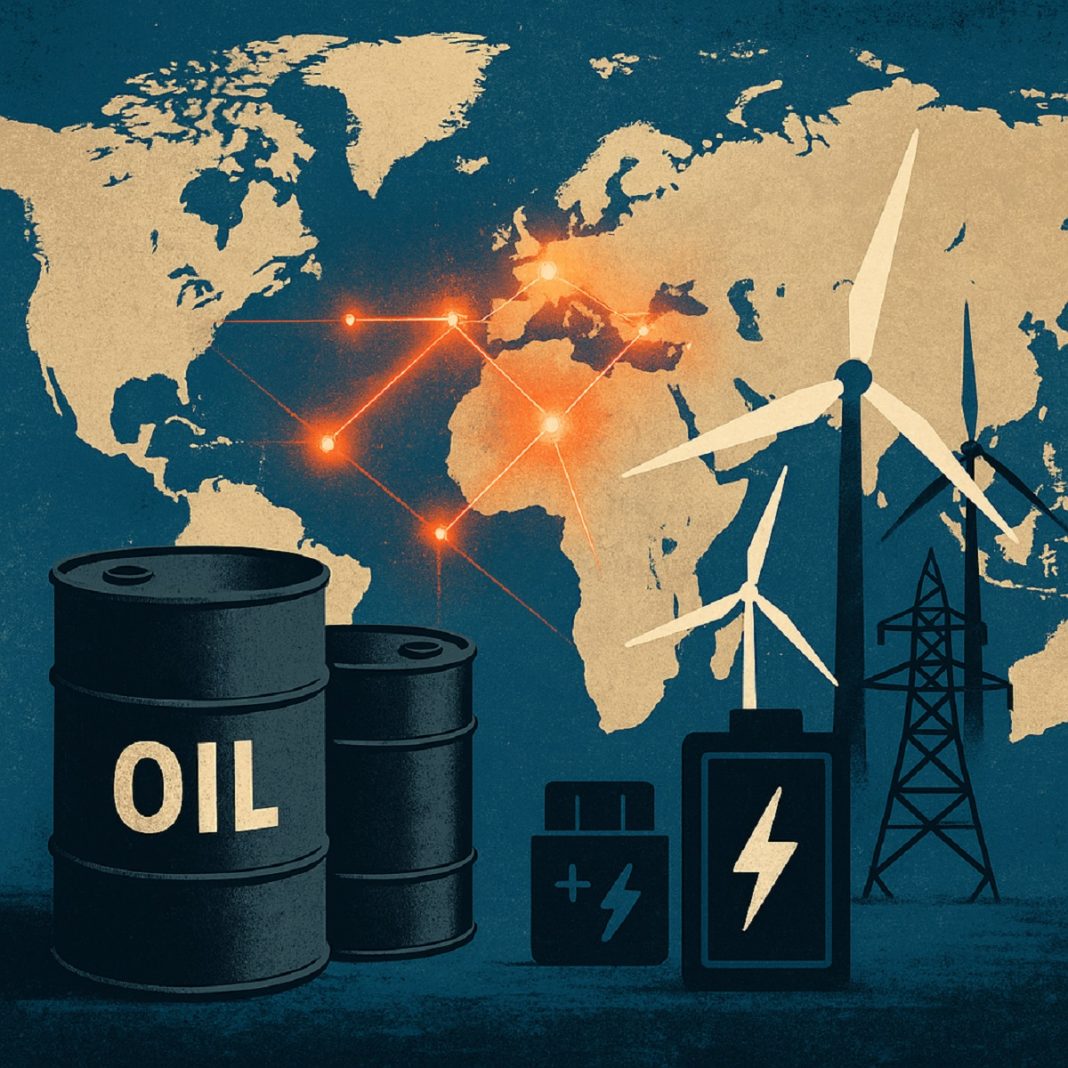Gabriel G Tabarani
The world stands at a crossroads. For the first time since the Bretton Woods conference of 1944, which laid the foundation for modern international cooperation, the global order faces a crisis of confidence. Trade wars are intensifying, global institutions are paralyzed, and the climate crisis is escalating. Yet just when we most need countries to work together, multilateralism—the framework that has guided global cooperation for nearly eight decades—is faltering.
It is tempting, amid rising nationalism and great-power rivalry, to declare multilateralism obsolete. But that would be a grave mistake. The interconnected world of the 21st century demands more cooperation, not less. The question is not whether multilateralism should survive—it must—but whether it can be fundamentally reimagined to meet today’s realities. We are living through a new “Bretton Woods moment,” and it calls for bold redesign, not incremental repair.
The institutions that govern global cooperation—the International Monetary Fund, the World Bank, and the World Trade Organization—were designed in an era defined by American dominance, industrial economies, and physical goods. They served that world well. For decades, these institutions underpinned the rules-based system that promoted economic growth, expanded trade, and lifted billions out of poverty. But the world they were built to manage no longer exists. The postwar system assumed a single global leader—the United States—and a shared belief in open markets. Today, the geopolitical landscape is multipolar, marked by growing rivalry between the U.S. and China, fractured alliances, and a surge of economic nationalism. The digital revolution has transformed trade and finance, while artificial intelligence and fintech are reshaping entire industries faster than regulators can respond. And the existential challenge of climate change has redefined what “economic stability” even means. These transformations have exposed the limits of a system built for a simpler world. Institutions designed for the 20th century are struggling to govern the complexities of the 21st.
The failure to adapt multilateral institutions to today’s global realities carries real human costs. When nations fail to cooperate, ordinary people suffer. The pandemic made this painfully clear. Wealthy countries hoarded vaccines while poorer nations waited. The same pattern is repeating with climate adaptation and financial assistance—those most in need are too often left behind. Meanwhile, escalating trade tensions and decoupling between major powers threaten to fragment the global economy. The International Monetary Fund warns that such “geoeconomic fragmentation” could shave trillions off global GDP over time. The losers will not just be developing economies, but also workers in advanced countries whose jobs depend on global trade and stable supply chains. If global cooperation collapses, there will be no winners—only shared vulnerability. The United States, which once led the creation of the postwar order, would not be immune. It would face a less predictable world, weaker global demand, and diminished influence over the rules that shape the international economy.
The world that emerged from World War II was chaotic and divided, but leaders at Bretton Woods saw opportunity in crisis. They recognized that the best way to protect national interests was through international cooperation. That insight remains true today. But the system they built must now be reinvented. Reform cannot be limited to tinkering with voting shares or adding new lending tools. It must begin with first principles: What problems require global solutions, and what new institutions or frameworks are needed to address them?
The challenges of our age—climate change, pandemics, digital governance, and financial stability—are global public goods. They demand collective action on a scale that no single nation can achieve alone. Yet our existing multilateral institutions were not designed for these tasks. A modern system must move beyond the postwar model of country-by-country development aid toward one centered on managing global commons and shared risks. For instance, the World Bank and regional development banks could be refocused to finance climate adaptation and the energy transition, leveraging private capital at scale. The IMF must modernize its surveillance and lending frameworks to respond to capital flow volatility and digital currencies. The WTO, paralyzed by disputes and outdated rules, must either be revitalized or replaced with new mechanisms that can govern digital trade and prevent economic fragmentation. Crucially, a new multilateralism must be more inclusive. Emerging economies—many of which now account for the majority of global growth—must have a real voice in decision-making. Without legitimacy, there can be no leadership.
No country has benefited more from the rules-based international system than the United States. Open markets powered its economic rise; the dollar’s dominance gave it unparalleled financial leverage; and leadership of global institutions magnified its geopolitical influence. To retreat now would be to walk away from a winning hand. Yet in recent years, American leadership has wavered. Populist politics and domestic polarization have fueled skepticism toward global engagement. Washington has grown weary of its leadership burdens, even as new powers seek to shape the international order to their own advantage. But disengagement is not strategy—it is surrender. If the United States steps back, others will fill the vacuum. The rules of the next global order will not vanish; they will simply be rewritten without American input. That would not serve U.S. interests—or global stability.
Reasserting leadership in reshaping multilateralism does not mean shouldering the costs alone. It means forging a vision that aligns U.S. interests with global priorities—climate security, digital governance, and resilient trade—and building coalitions to achieve them. The upcoming U.S. presidency of the G20 offers a perfect opportunity to lead such an agenda. As Henry Morgenthau, the U.S. Treasury Secretary who presided over Bretton Woods, famously said, “The wisest and most effective way to protect our national interests is through international cooperation.” That wisdom, born from the turmoil of the 1930s, is no less relevant today.
The multilateral system is creaking under the weight of change. But crisis can be the catalyst for renewal. The question is whether the world—and particularly the United States—will seize this moment to reimagine cooperation for a new era, or allow the system to erode until it collapses under its own irrelevance. If history teaches anything, it is that isolation breeds instability, while cooperation—though imperfect—remains humanity’s best bet for shared prosperity. The world has changed. It’s time for multilateralism to change with it.
This article was originally published in Arabic on the Asswak Al-Arab website


